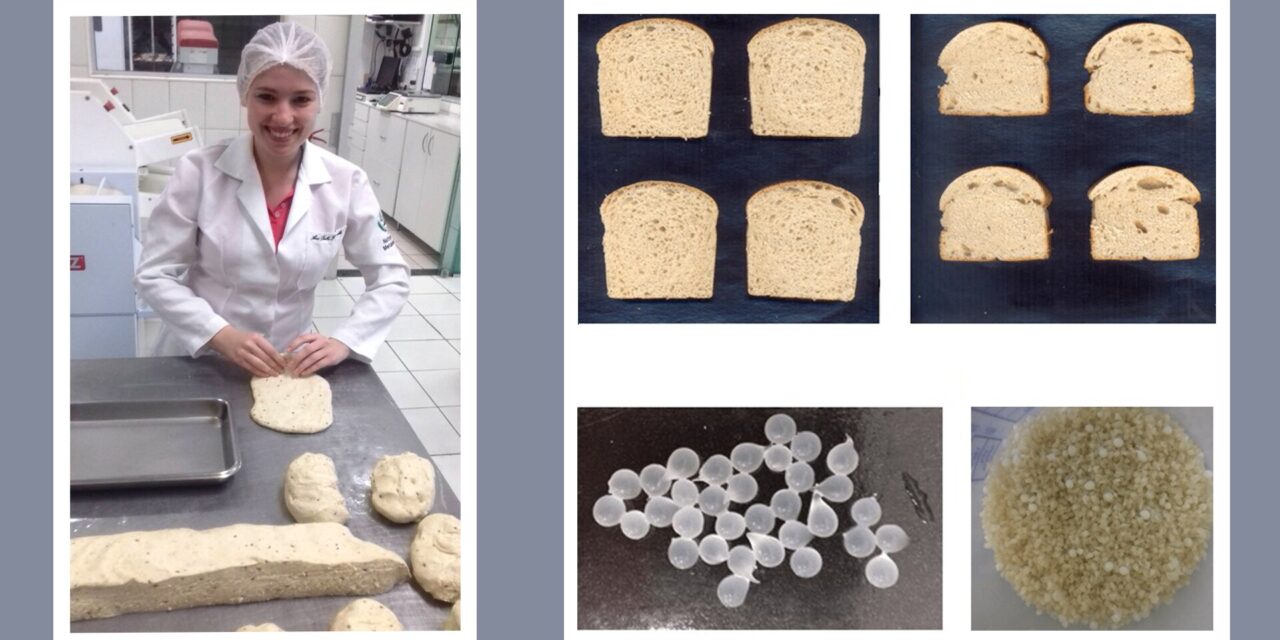Brazilian researchers have developed a functional bread that could help prevent asthma, a respiratory disorder responsible for approximately 350,000 hospitalizations annually in Brazil’s public health care network, Sistema Único de Saúde (SUS). This innovative bread contains a strain of brewer’s yeast, Saccharomyces cerevisiae UFMG A-905, known for its probiotic properties and its ability to reduce asthma symptoms in mice.
The research, detailed in the journal Current Developments in Nutrition, highlights a formulation for which a patent application has been filed in Brazil (BR1020210266465). Although further trials involving human volunteers are required, this development holds promise for millions of asthma sufferers.
Asthma, one of the most prevalent diseases globally, affects around 20 million Brazilians according to the Ministry of Health’s database, DATASUS. It is characterized by airway inflammation and hyperresponsiveness, with causes linked to environmental irritants, diet, and gut microbiota.
Probiotics are beneficial for asthmatic patients due to their positive impact on gut microbiota. Typically, probiotics are consumed through dairy products, but alternatives like this new bread are crucial for those with lactose intolerance or milk protein allergies.
Researchers at the University of São Paulo (USP) included S. cerevisiae UFMG A-905 in naturally fermented bread for the first time, with collaborative efforts from the State University of Campinas (UNICAMP) and the Federal University of Minas Gerais (UFMG).
The team tested three types of bread: one with commercial yeast, one with S. cerevisiae UFMG A-905, and one with S. cerevisiae UFMG A-905 plus microcapsules containing live yeast. The microcapsules were used to enhance probiotic viability and activity during baking.
“We added encapsulated live yeast to improve probiotic viability and activity at the high temperature reached during the baking process,” said Marcos de Carvalho Borges, the study’s senior author and a professor in the Department of Clinical Medicine at the Ribeirão Preto Medical School (FMRP-USP). “Microcapsules protect bioactive and probiotic compounds, improving their stability, survival, and bioavailability.”
Over 27 days, asthmatic mice were fed these breads. Those consuming bread with S. cerevisiae UFMG A-905 showed reduced airway inflammation and lower levels of asthma biomarkers IL5 and IL13. Mice fed bread with microencapsulated yeast also showed decreased airway hyperresponsiveness and reduced levels of IL17A, another asthma biomarker. These findings confirm that S. cerevisiae UFMG A-905 can help prevent asthma.
“We found that both types of bread fermented with S. cerevisiae UFMG A-905 prevented asthma development in mice, which, combined with results from other experiments, indicates that this yeast has consistent and promising effects in combating asthma,” Borges said.
The next step for the researchers is to develop a protocol for clinical trials to observe the effects of this probiotic bread on humans. “The product has significant potential,” Borges added. “Bread is a natural food consumed by almost everyone, including children. It’s easily distributed and has a good shelf life.”
For more information, refer to the study by Ana Paula Carvalho Thiers Calazans et al., A Functional Bread Fermented with Saccharomyces cerevisiae UFMG A-905 Prevents Allergic Asthma in Mice, published in Current Developments in Nutrition (2024).











